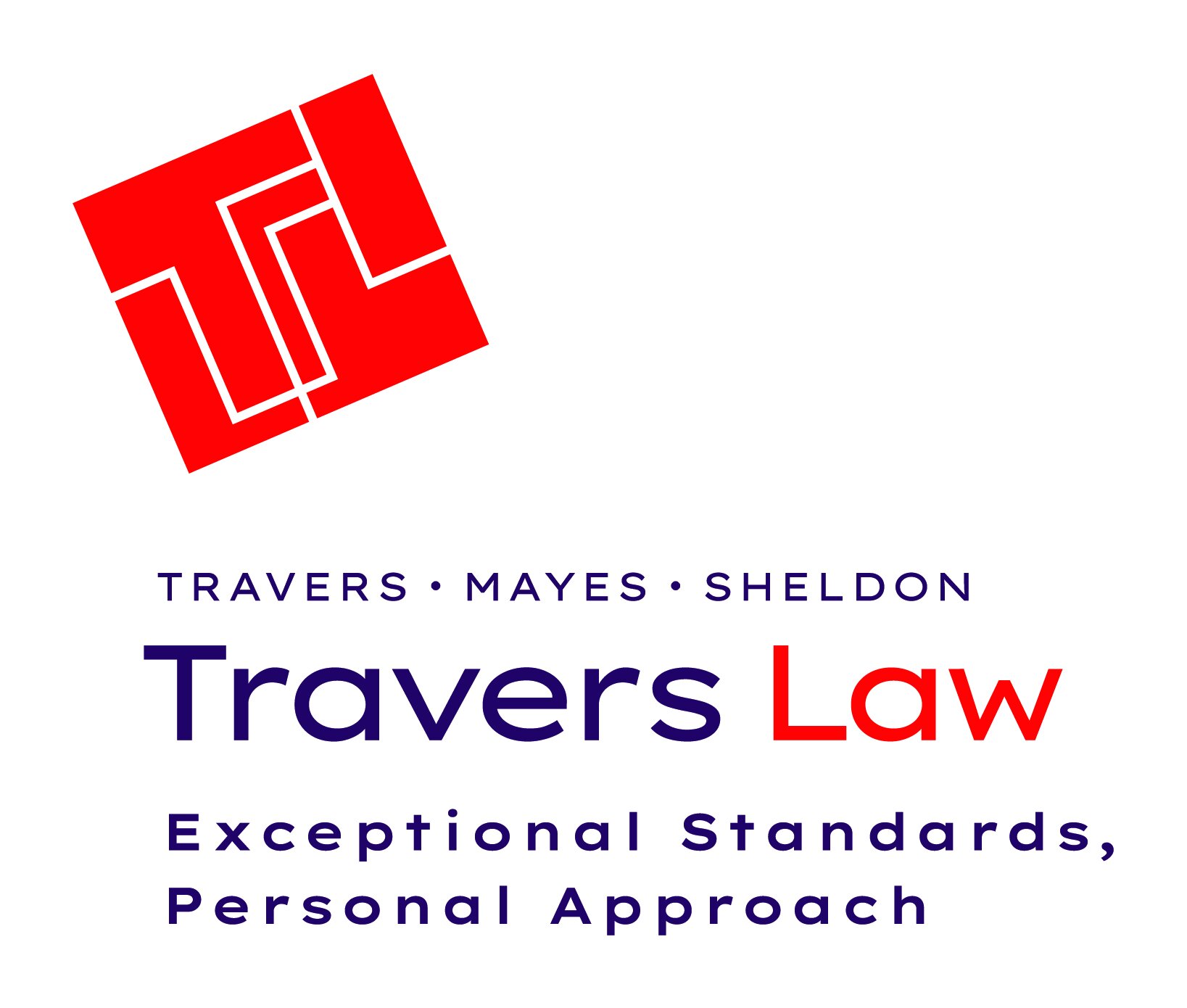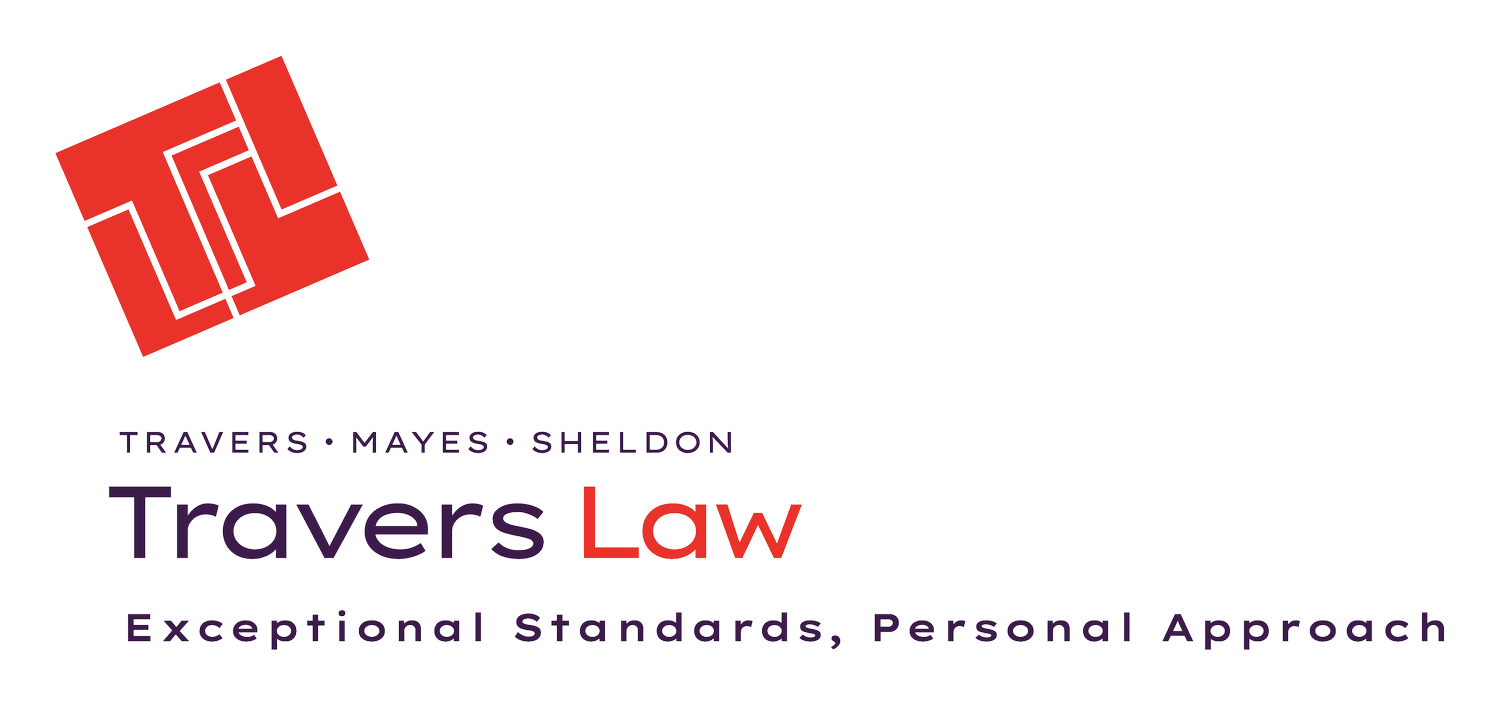REAL ESTATE, WILLS & Business LAWyer
Business - FAQs
VIDEO RESOURCE
Business
WHAT ARE THE BENEFITS OF INCORPORATING MY BUSINESS?
A corporation is a legal entity that is separate from its owners, the shareholders. In most cases, shareholders of a corporation are not personally liable for the debts, obligations or acts of the corporation. Directors, officers and insiders can bear some liability for their involvement with the corporation. A corporation can be formed at either the federal or provincial level.
Advantages:
Limited liability
Specialized management
Ownership is transferable
Continuous existence
Separate legal entity
Possible tax advantage (if you qualify for small business tax rate)
Easier to raise capital
Shareholders are the ones who hold the shares in the corporation, dependent on votes that are usually attached to the shares. The shareholders control the corporation. If there is only one shareholder, that individual has absolute control of the corporation. If the corporation has a number of shareholders, control of the corporation depends on who has the majority of the voting shares. However, the shareholders do not directly manage the corporation. They exercise their influence by electing and removing directors and approving or disapproving any or all corporate decisions.
A corporation is incorporated by the filing of Articles of Incorporation. The client provides our office with a proposed corporate name and we check the availability of the name through a search company. If the proposed corporate name is available, we order a NUANS Name Search Report filed with the Articles of Incorporation. The articles indicate the registered head office of the corporation, the authorized shares that it can issue, the rights, privileges and conditions attached to each class of shares and restrictions as to the transfer of shares, and set out the number of directors of the corporation. After incorporation, we organize the corporation through organizational resolutions that elect directors and officers, adopt the corporate seal, share certificates, corporate records and by-laws, appoint accountants, set out the financial year-end, and issue shares.
CAN ANYONE BECOME A DIRECTOR?
The following persons are disqualified from being directors of an Ontario company:
A person who is less than 18 years of age;
A person who has been found under the Substitute Decisions Act, 1992 (Ontario) or under the Mental Health Act (Ontario) to be incapable of managing property or who has been found to be incapable by a court of Canada or elsewhere;
A person who is not an individual; or
A person who has the status of bankrupt.
CAN I CHOOSE ANY NAME I WANT FOR MY COMPANY?
Generally, a corporate name consists of three elements:
a distinctive element which helps to distinguish the corporate name from that of other businesses.
a descriptive element which describes the nature of the business, such as Consulting, Gardening, or Trucking
a mandatory legal element, such as Incorporated, Inc., Limited, Ltd., etc.
WHAT IS CORPORATE GOVERNANCE?
Corporate governance is the system by which companies are directed and controlled. Boards of directors are responsible for the governance of their companies. The shareholders’ role in governance is to appoint the directors and the auditors and to satisfy themselves that an appropriate governance structure is in place.
WHAT RESPONSIBILITIES DOES A DIRECTOR HAVE ONCE A CORPORATION IS FORMED?
Every company director has a personal responsibility to deliver statutory documents to Companies House as and when required by the Companies Act. These include accounts (financial statements) and the annual return that is a record of the directors and shareholders of a company. Changes to the company’s directors, shareholders or service addresses must also be recorded.
In addition, directors have a legal responsibility to ensure the company is managed properly within the law and they have a duty to follow the regulations set out in the Companies Act.
How much will it cost to sell or purchase a business?
This will depend on a range of factors. This will include the size of the business, its assets, its is staff, the services it provides, whether its held by an individual or a company and what is happening with the business premises. We'll tell you about all the associated costs, such as search fees, land tax or stamp duty. We do offer fixed fees for business sales and purchases, so you'll know what costs are involved right from the start.
How long will it take to sell or purchase a business?
It can take anywhere between four (4) and 12 months. This really depends on how complex the transaction is. The speed of the transaction also depends on the response timescales of others involved in the transaction including lenders or landlords. We are usually able to provide you with an indication of the anticipated timescale for the transaction on our first consultation. We try hard to push deals through as soon as we can.
What IS A LETTER OF INTENT?
A Letter of Intent essentially set out the main terms of a corporate deal and will include, for example, sale price, what assets are included, who the seller and the purchaser are, and any other key terms. They may be drawn up by the selling agent, or one of the parties’ solicitors. Heads of Terms are commonly agreed and signed by both parties and can be legally binding. It is strongly advisable to seek legal advice before signing. Clauses with regard to exclusivity, legal costs etc. need to be very carefully considered and consulting one of our expert lawyers will ensure you get the best deal possible.
What is due diligence?
Essentially this is a “fact finding” exercise about the business; its accounts, its employees, its clients, its assets and liabilities and any appropriate insurances in place. When we act for a buyer, we submit relevant and comprehensive enquiries requesting copies of all the necessary documentation, reviewing these and identifying any gaps or issues, raising further enquiries as appropriate. When we act for a seller we advise on completion of all the enquiries received from the purchaser and assist in organising and indexing the documentation which will then be referred to throughout the transaction.
Will the agreement for sale contain restrictive covenants?
Most purchasers want to avoid the risk that the seller immediately opens a competing business nearby after the sale has completed. Usually there will be some provision in the agreement, restricting the seller from opening or working for a competing business within a certain geographical area around the business. An agreement will also commonly contain provisions that the seller agrees not to contact existing clients or customers or poach staff for the benefit of another business. These terms are negotiated as part of the agreement for sale.
DOES A CONTRACT HAVE TO BE IN WRITING?
Contracts can be in writing, but may also be formed by word of mouth, partly in writing and partly by word of mouth.
They may also be implied from the conduct or actions of the parties to the contract.
Whilst oral contracts are legally enforceable, it is always a good idea to have a written contract recording the terms of your agreement with the other party. It can be used as evidence if a dispute arises. It is also important to note that in certain circumstances, a written contract is required by law.
DOES A CONTRACT NEED TO BE SIGNED?
When a contract has been set out in writing and demonstrates that the parties intended to create formal legal relations, the courts will normally infer that the parties do not intend to be bound by the document until the have both signed it. However, where there is evidence that the parties did intend to be bound by the contract, the courts will be more flexible in their approach.
WHAT CONSTITUTES A BREACH OF CONTRACT?
A breach of contract occurs when one party to a contract fails to fulfil some or all of their obligations.



